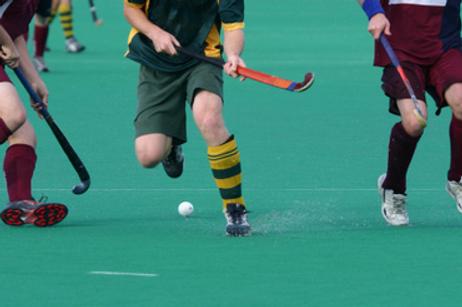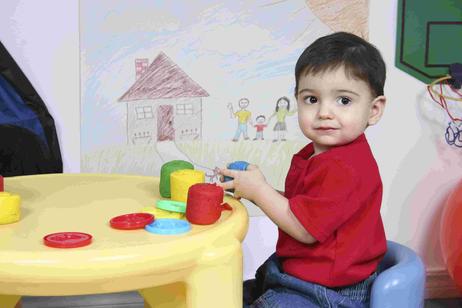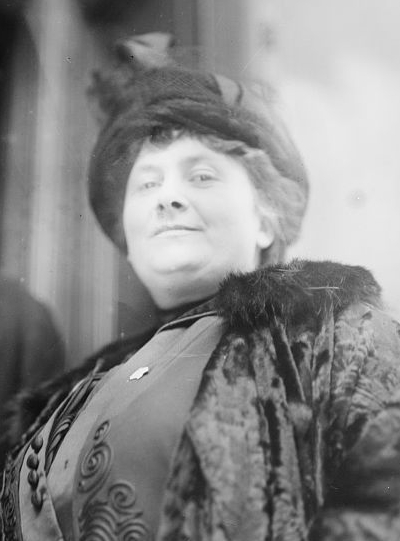Scholarship Tax Credit ProgramsSchool choice has been a fact in American K-12 education since 1989. That year the State of Wisconsin passed a voucher program which aimed to help students from low-income families in Milwaukee. Since then 39 states have established school choice programs. Depending on the state, school choice programs have expanded to include educational savings accounts, tax credit scholarships, and individual tax credit/deduction which parents can use to send their children to a private school.
Most states also allow parents to transfer their children from underperforming public schools to higher-performing public schools. In addition, many states have permitted the establishment of charter schools as one more alternative to an underperforming public school. Because allocating taxpayer funding to educational resources other than public schools is controversial, numerous legal challenges have been filed. Depending on the state, you will see a variety of workarounds including the afore-mentioned educational savings accounts, tax credit scholarships, and individual tax credits/deductions.
According to the American Federation for Children, the following states now have some form of funding for school choice program. In fact, several states offer several educational choice options. For the latest information https://www.federationforchildren.org/
- Alabama
- Arizona
- Florida
- Georgia
- Indiana
- Iowa
- Louisiana
- New Hampshire
- North Carolina
- Ohio
- Oklahoma
- Pennsylvania
- Rhode Island
- South Carolina
- Utah
- Virginia
- Wisconsin
Other resources include Noodle which has assembled a useful guide to the various educational choice





 Dr. Maria Montessori (1870-1952) was born and raised in Italy. She came from a family of modest means. Her father did not approve of his daughter's desire to be educated much less to become a doctor. Women didn't do such things back at the end of the 19th century. Despite the many obstacles which stood in her way Maria earned her degree from the University of Rome in 1896. Her specialty was pediatric medicine.
Dr. Maria Montessori (1870-1952) was born and raised in Italy. She came from a family of modest means. Her father did not approve of his daughter's desire to be educated much less to become a doctor. Women didn't do such things back at the end of the 19th century. Despite the many obstacles which stood in her way Maria earned her degree from the University of Rome in 1896. Her specialty was pediatric medicine.




















